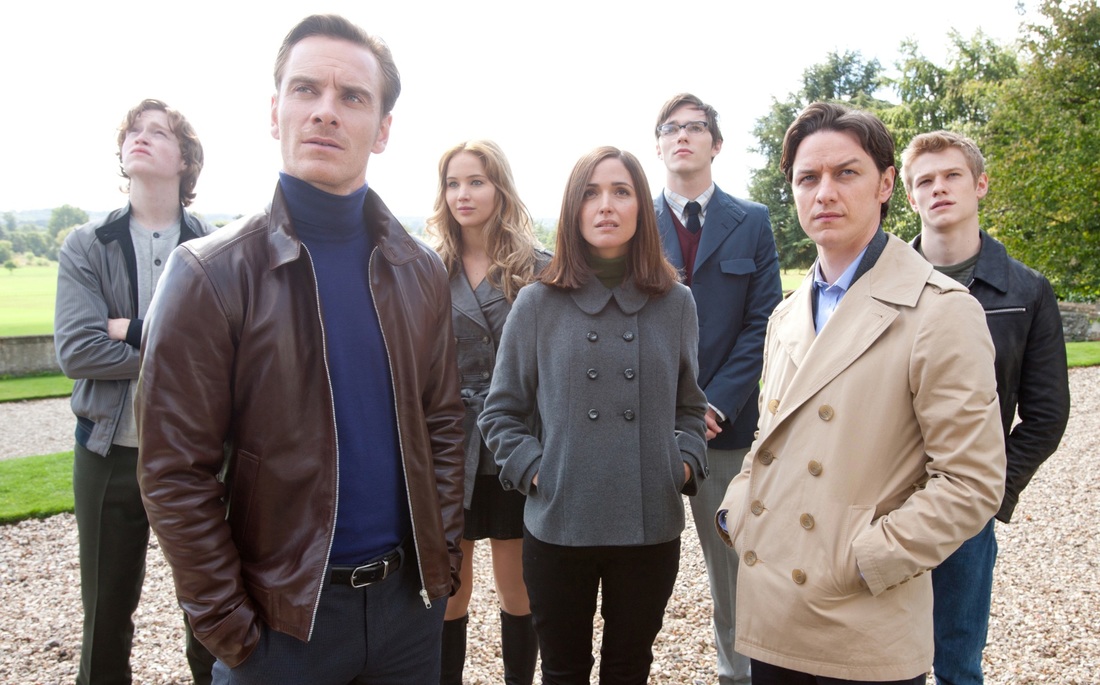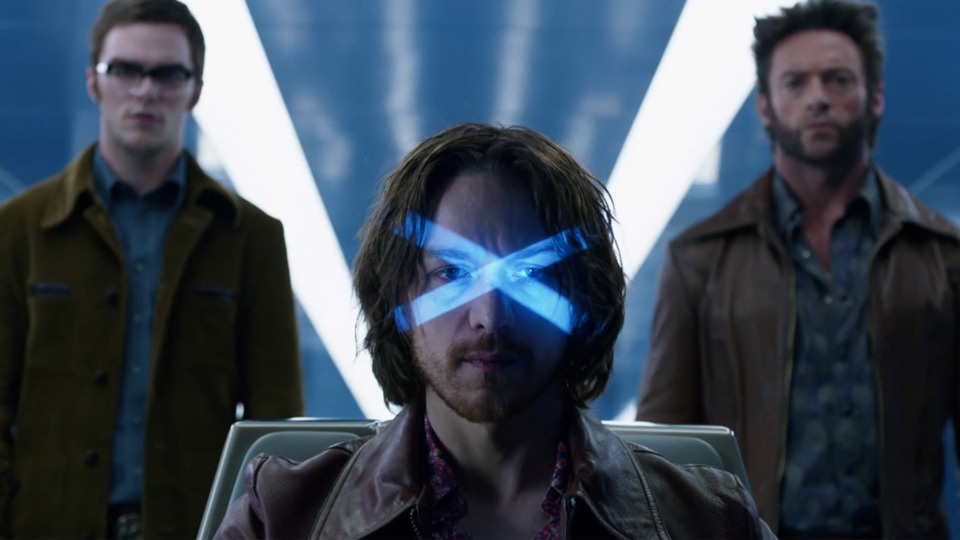X-Men: First Class
One of the things that makes First Class so interesting is that the audience gets to see characters that we know (if you have seen the other X-Men films) will eventually be enemies have to work together. Xavier, who eventually become Professor X, and his adopted sister Raven, who turns into the villain Mystique, are well known to viewers of the franchise as enemies. Lensherr is the main antagonist of the original three films, who, as the villainous Magneto, attempts to eradicate non-mutants just as Shaw tries to do in this film. However, in this movie, these mutants who will eventually be at odds with each other are forced to come together for a common goal. While Xavier feels that what Shaw is doing is wrong and that humanity will eventually accept mutants, Lensherr actually agrees with Shaw, only seeking revenge for the death of his mother at Shaw’s hand. These interesting interpretations of characters that fans of the franchise already know make the movie feel fresh and different than all of the others.
The appeal of the characters is the main draw of the movie, which is fairly consistent across director Matthew Vaughn’s entire line of work. The movie has a lighter feel than many of the other X-Men movies, especially during scenes where Xavier is teaching the younger mutants to harness their powers and use them for good. The setting of the 1960s adds to the charm of the movie as well. However, the plot doesn’t shy away from multiple segments of darkness, like the death of Lensherr’s Jewish mother at a concentration camp or Xavier and Lensherr’s debates about humanity. The movie keeps the classic feel of X-Men, discussing the struggle between those who consider themselves normal and those who are considered the outsiders. But, with its excellent interpretation of classic characters and more accessible tone, First Class is easily my favorite of the X-Men films.
Grade: A-
X-Men: Days of Future Past
The plot, which is very confusing for those who haven’t seen the movie or the previous X-Men films, does an excellent job at combining the worlds of the original trilogy and the new trilogy. The segments that take place in the future see the return of Patrick Stewart, Ian McKellen, Halle Berry and more to the roles they played in the original three, while still integrating McAvoy, Fassbender and Lawrence from First Class in the remainder of the film. The film strategically uses Wolverine as the bridge between the two casts, who was one of the best elements of the original trilogy. Jackman brings the gruff charm of the character back to the vast world of X-Men very well, adding to the excellent performances of the First Class cast.
Where this movie differentiates itself significantly from First Class is in tone, opting for a much darker approach to the universe. Once Wolverine arrives in 1793, he meets with Xavier, who is in a state of depression after many of his students were drafted for the Vietnam War. He takes a cure which gives him his legs back, but causes him to lose his telepathic abilities, not wanting to have the thoughts of others invade his head any longer. This is a far darker and deeper take on Xavier than First Class had, creating one of the move interesting parts of the movie. Unfortunately, the darker take on the X-Men universe makes the series lose some of the charm that First Class had. The darker tone is not new to modern superhero films, so there is a feeling of lost originality when watching Days of Future Past. But, overall, the movie still manages to be an great take on characters in the X-Men universe.
Grade: B+
Last week covered Seventies films in preparation for The Nice Guys,


 RSS Feed
RSS Feed
